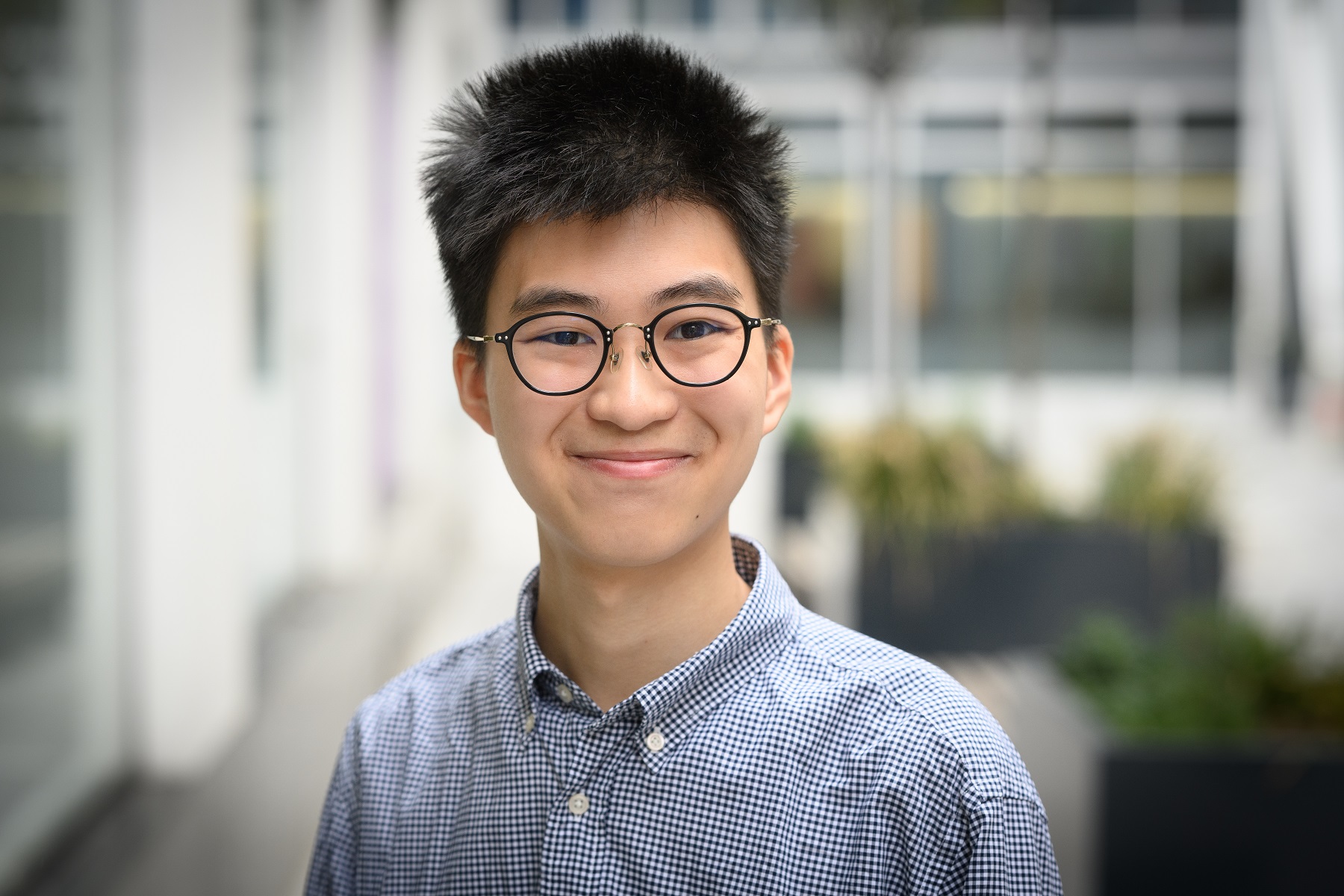Course details
- DepartmentDepartment of Media and Communications
- Application codeSS-IR140
Apply
Applications are open
We are accepting applications. Apply early to avoid disappointment.
Overview
How do we understand the role of media and communication in an era increasingly defined by international conflict and domestic instability? How does the increased use of social media for news and communication connect with the rise of populist politicians, democratic back-sliding, and contemporary warfare?
This course places social media, fake news, and artificial intelligence at the heart of debates on political dysfunction and instability. You will explore how populist leaders like Donald Trump, Narendra Modi, and Giorgia Meloni use communication strategies, how global powers like the US and China deploy public diplomacy to advance their interests, and the role of communication and propaganda in modern warfare.
Through diverse theoretical approaches and global case studies, you will critically examine how media shapes political power, cultural narratives, and globalisation. The course also investigates how popular culture – films, TV and video games – reflects and influences political moments, offering new insights into contemporary crises.
By the end of the course, you will have the tools to analyse and address the complex role media plays in today’s interconnected world.
Key information
Prerequisites: There are no prerequisites for this course.
Level: 100 level. Read more information on levels in our FAQs
Fees: Please see Fees and payments
Lectures: 36 hours
Classes: 18 hours
Assessment: One examination and one essay
Typical credit: 3-4 credits (US) 7.5 ECTS points (EU)
Please note: Assessment is optional but may be required for credit by your home institution. Your home institution will be able to advise how you can meet their credit requirements. For more information on exams and credit, read Teaching and assessment
Is this course right for you?
The course neatly illustrates critical theoretical, methodological and policy-relevant considerations which will be extremely useful to those wishing for a better understanding of the changing relationships between media, citizens and learning in a changing world.
The course is also suited to those wishing to pursue a career in global communications, media or politics.
Outcomes
Students will explore the role of media and communications in relation to identity, citizenship, culture and conflict.
Content
Faculty
The design of this course is guided by LSE faculty, as well as industry experts, who will share their experience and in-depth knowledge with you throughout the course.

Dr Nick Anstead
Associate Professor

Dr Omar Al-Ghazzi
Associate Professor

Dr Dylan Mulvin
Assistant Professor
Department
LSE’s Department of Media and Communications is a world-leading centre for education and research at the heart of LSE’s academic community. The Department ranked 1st in the UK and 3rd globally in its field in the 2025 QS World University Rankings.
The Department conducts critical and empirical research into the central role of media and communications within contemporary society. One of its primary aims is to conduct research that impacts on the strategies and practices of the media and communications industry, government policymakers and the third sector.
Students will study with internationally-recognised researchers with diverse expertise in media and communications, politics and democracy, regulation and policy, technological change, audiences and literacies, as well as globalisation and culture. Exposed to cutting-edge research, students will engage in a diverse, multidisciplinary approach to theoretical developments and debates in the field.
Join our mailing list
Join our mailing list to be notified when applications open for next summer.
Apply
Applications are open
We are accepting applications. Apply early to avoid disappointment.
